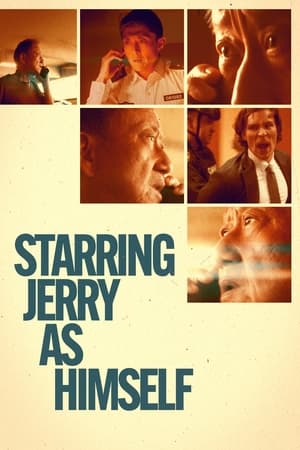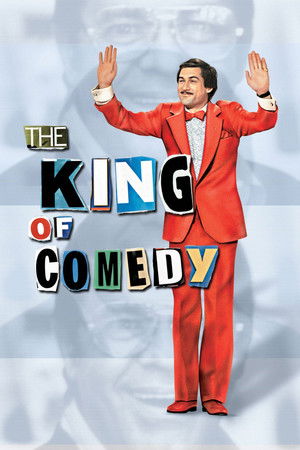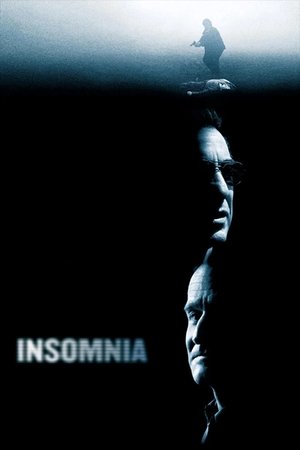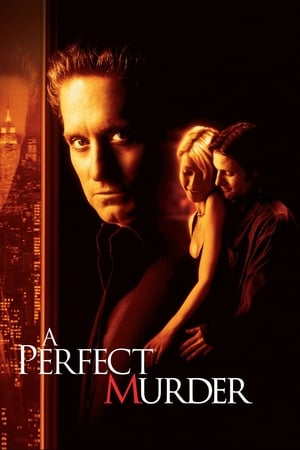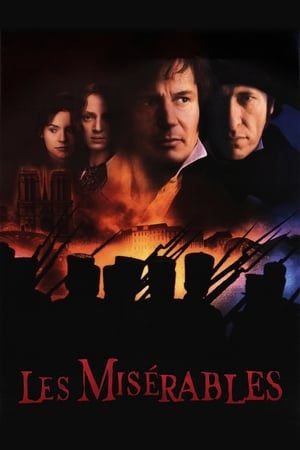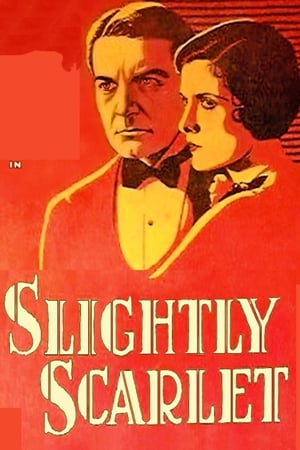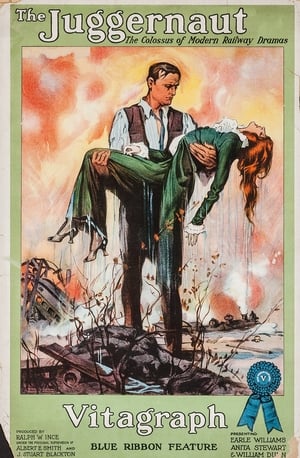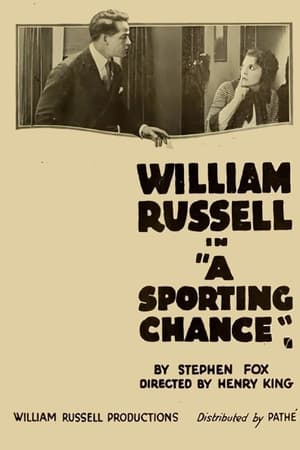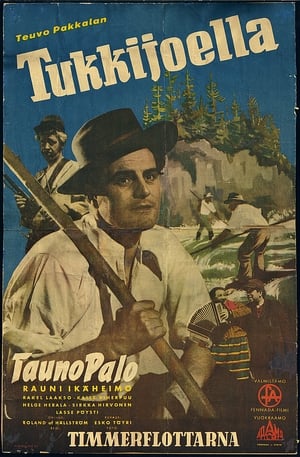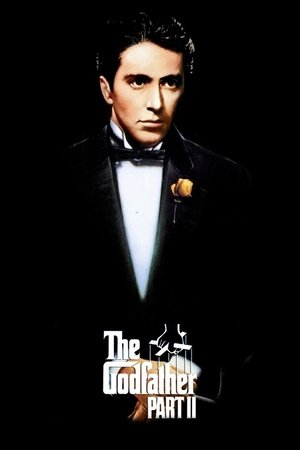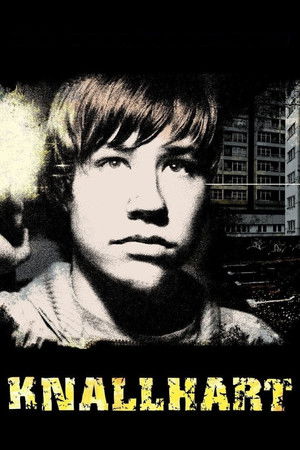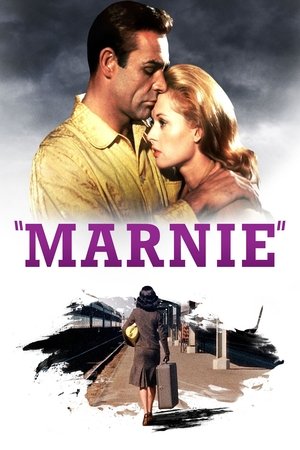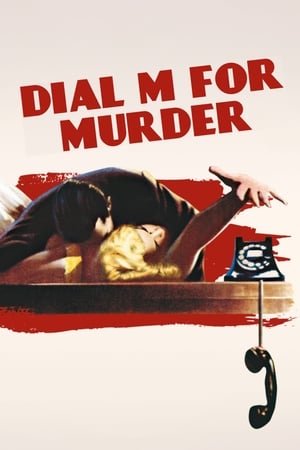Overview
Richter Boudreau is on a bad streak: Languishing in the shadow of his celebrity mother, he loses his job as a film critic for the town paper, and now he's been approached with a dangerous proposition that ultimately leads to blackmail. Richter's friend Ronnie ropes him into a scheme to steal the inheritance of his wife, Vicky.
Reviews
**_The bad side of Tulsa_**
A young man (Eric Stoltz) has a wealthy mother (Mary Tyler Moore), but is about to lose his movie-review job at the paper while owing money to a no-nonsense drug dealer (James Spader) and struggling with feelings for the dealer’s wife (Deborah Kara Unger). The latter’s brother is an old friend, but now a rich psycho (Michael Rooker), as Richter starts a relationship with a drug-addled woman (Joanna Going). On top of all this, Ronnie manipulates him into getting involved in a risky blackmailing scheme.
“Keys to Tulsa” was primarily shot in December, 1994, but not released until 1997. It’s a psychological study of several flawed people within the context of a crime drama that mixes quirky humor with serious situations. Although there are a few thrills, it’s not a thriller, but rather a soap opera meshing Tarantino with Tennessee Williams. The semi-incoherent plot is reminiscent of the contemporaneous “Cop Land,” but it’s not as satisfying as that movie, not to mention “Pulp Fiction,” “Jackie Brown” or “The Fugitive Kind.”
More coherent storytelling would’ve helped, but there are other issues. The flick wallows in the seedy side of life with a curious shortage of light (even “Pulp Fiction” featured a potent message of redemption), which is ironic seeing as how Tulsa is sort of seen as America’s ‘City of God.’ When it does try to convey some noble bit, like the revelation that a certain adulterous woman truly loves her husband, it comes across awkward, disingenuous and eye-rolling.
It has a notable cast, though, and there are entertaining moments here and there. Spader is great as a Dark Elvis type and Deborah Kara Unger never looked better, not to mention Going. The latter has a few nude scenes, I guess to make up for the movie’s shortcomings. But her character is so lost, so drug-addled, you feel sorry for her. Yet it’s not like these kinds of people don’t exist.
At the end of the day, the flick had great potential, but needed a rewrite to work out the kinks and flush out better entertainment. Still, some of it works.
It runs 1 hour, 53 minutes, and was shot in Dallas-Fort Worth, Texas (along with nearby McKinney) and Tulsa, Oklahoma.
GRADE: C/C-

 113 min
113 min
 4.7
4.7
 1997
1997
 United Kingdom
United Kingdom
 Wuchak wrote:
Wuchak wrote: